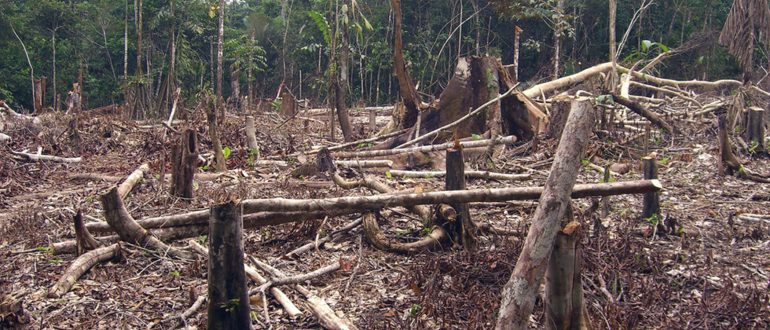
Never Mind the Crisis: The Brazilian-German action on Climate Change, Biodiversity and Urban Mobility
Shortly after the third bailout package for Greece was approved on the morning of August 19, Angela Merkel boarded her government aircraft along with six ministers and five deputy ministers to get away from the European crisis for 24 hours. This was also a good opportunity for Brazilian head of state Dilma Rousseff and the 19 Brazilian ministers who took part in the initial government consultations between the two countries to take a breather from the chaotic domestic political situation in Brazil at the time.
The situation began with the biggest corruption scandal in the history of Brazil, which implicated many Brazilian politicians and building companies in receiving systematic bribes for public contracts. While Rousseff is actively fighting the culture of corruption with the wide-reaching Lava-Jato investigations and is herself considered incorruptible, parts of the Brazilian middle and upper class are calling for her resignation.
Due to the tensions in both countries, the bilateral negotiations were met withcriticism. In Germany, Merkel’s diplomatic efforts were considered inappropriate, since the Chancellor had more urgent matters to attend to in Berlin concerning the European economic crisis and immigration issues. On their part, the Brazilians accused Rousseff of exploiting the German visit to improve her reputation in her own country.
The head of state appeared completely unperturbed by this, adopting significant additional agreements for the future cooperation between
Germany and Brazil in addition to a common statement on climate change with regard to the COP 21 in Paris. Therefore, the main themes of the previous cooperation for sustainable development were further reinforced while new aspects were added. The German-Brazilian cooperation for sustainable development includes two main areas of focus, renewable energies and tropical forest conservation to which projects for urban mobility are added. During the government consultations, Germany pledged €551.5 million for these three areas that will mostly be allocated to projects by the Deutsche Gesellschaft für Internationale Zusammenarbeit (GIZ), a German company specialised in international development, and reduced-interest loans from the KfW Development
Bank to Brazilian project partners. Further agreements were concluded for providing support to small and medium-sized companies, the bilateral scientific and technological cooperation, and the founding of a German-Brazilian partnership for urbanisation.
Furthermore, Merkel and Rousseff emphasised that they wished to put more efforts into concluding an interregional association agreement between Mercosur and the EU as soon as possible. Rousseff would then like to submit an offer to Europe for a corresponding free trade agreement before the end of 2015.
While these results have been positively received by Brazilian society despite its current criticisms of the government, one incident on the fringes of the meeting stole the show from these successful negotiations: The Brazilians were less impressed by the government’s commitment to protect the environment than they were by the planning efficiency of the of the German embassy in Brazil, which sent 1,400 Thuringian sausages for a reception on the Day of German Unity on board of Merkel’s aircraft in order to save resources.
This article is part of IFAIR’s cooperation with the Diplomatic Magazine, issue 10/2015.
